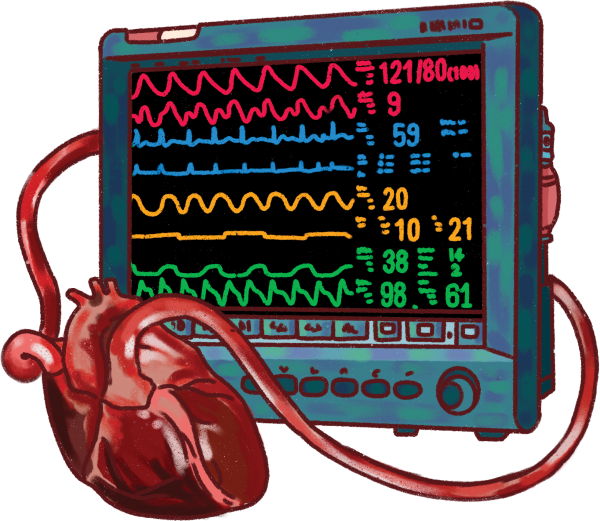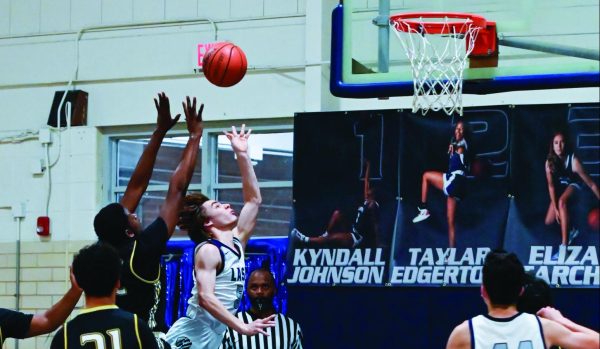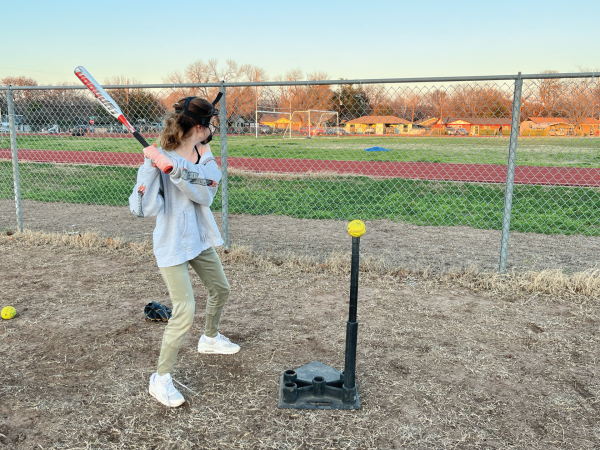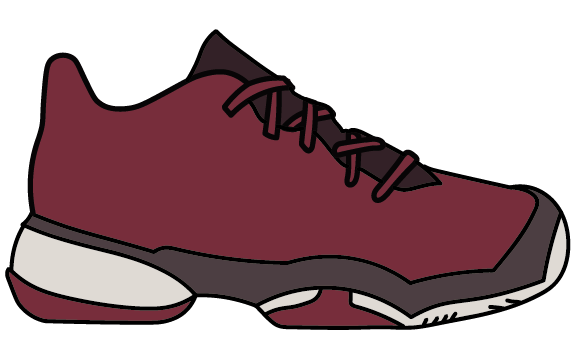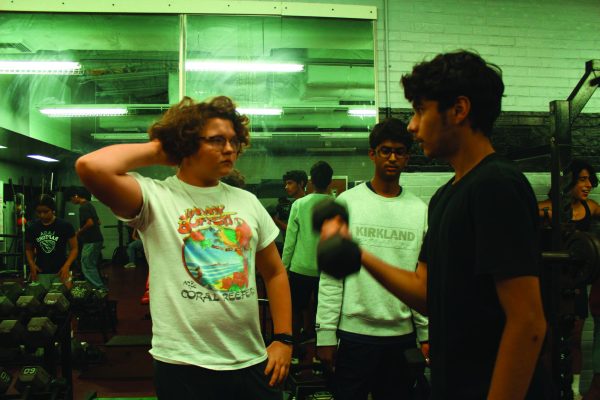Realizing It’s Okay to Not Be Okay: Professional Athletes Reflect on Mental Health and its Acceptance in Sports
March 28, 2022
It’s not unusual for people to struggle with their mental health, and yet, many don’t take it as seriously as they should. Athletes in particular have received criticism about their decisions to withdraw from competitions due to mental health struggles. It’s often easy to see athletes as figures of strength and invincibility, but it’s important to remember that at the end of the day, they too deserve time to take care of themselves.
In 2021, Simone Biles withdrew from the Tokyo Olympics after deciding that she needed to focus on her mental health. According to the Associated Press, after withdrawing, Biles said, “At the end of the day, we’re human, too. So, we have to protect our mind and our body, rather than just go out there and do what the world wants us to do.” It’s necessary that athletes decide how to navigate their careers according to their own desires instead of the world’s.
Although she received a heartwarming amount of support from her fans, she also faced a lot of backlash. Big name far-right celebrities like talk show host Candence Owens and Christian news satire website Babylon Bee owner Seth Dillon discredited her decision, Dillon tweeting, “Simone Biles just said sitting out the big competitions shows how strong you really are. That’s like saying soldiers who run away from battle are courageous. Cowardice is not courage; weakness is not strength. Great athletes understand this.”
It is disheartening to see great athletes go under fire for prioritizing their personal health, even though this is a fundamental part of a healthy lifestyle. Without knowing what’s happening behind the scenes in an athlete’s shoes, it’s disrespectful to call out an athlete for taking time off. Simone Biles’ withdrawal wasn’t cowardice; it was bravery. It takes a lot of strength to admit that you’re not feeling well and step down from something you love for the overall performance of a team. After Biles withdrew, Team USA was able to win the silver medal for gymnastics, something that Biles believed was at risk if she had participated.
Biles isn’t the only athlete who has had to make a tough decision recently. Naomi Osaka, the former #2 women’s tennis player in the world, withdrew from Wimbledon in 2021 after facing bouts of anxiety and depression off the court since the US Open in 2018. During this event, she was loudly booed by the crowd after her opponent Serena Williams was given a controversial game penalty. Earlier in the year, she had also received fire for not participating in a mandatory press conference at the French Open. Osaka had announced that she would not do any news conferences at the French Open because they can often be damaging to her mental health. According to The New York Times, Osaka said she had seen too many players break down during interviews and leave in tears, and that the process felt like it was “kicking a person while they are down.”
The lack of understanding she received from this decision was frustrating. There is a lot of pressure on athletes to perform, especially after they have reached a certain milestone like Osaka has. Having millions of eyes on them from all over the world during an interview doesn’t ease anyone’s nerves.
Despite the self-righteous opinions of people who don’t support the personal decisions of athletes, there is hope for athletes in the future. According to NBC, awareness about mental health has been on the rise since 2010, and the subject is becoming less and less taboo. Fellow athletes are standing up for one another and showing their support, something that is encouraging to see. Dak Prescott, quarterback for the Dallas Cowboys in the National Football League, expressed his support for Simone Biles and has advocated for the importance of mental health. He too says he has struggled with his mental health since his brother’s death in 2020. In September of 2021, he launched the Ask4Help campaign to raise awareness about mental health and promote suicide prevention programs.
Prescott’s Ask4Help campaign is just one of the many groups reaching out to tackle an issue that affects people all around the world. Within the past few years, startups such as Talkspace and BetterHelp have made access to therapists and counselors easier and more affordable, a monumental step that gives support to everyday athletes who felt limited by previous options. With more time and continued acknowledgement, perhaps one day our society can get to a place where athletes get respect for their personal decisions and mental health is treated with the amount of care it deserves.

